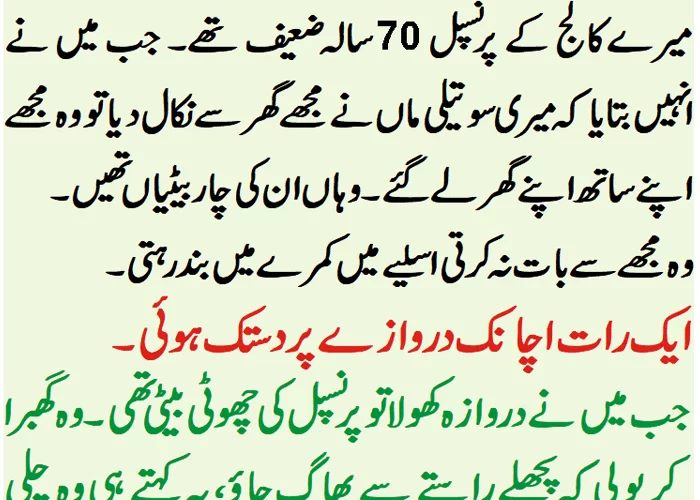Making dietary changes can feel overwhelming, but adopting a low-carb lifestyle is one of the most effective ways to improve your health, lose weight, and feel more energized. By committing to 21 days of low-carb eating, you can transform your diet and see noticeable results in your well-being. Let’s explore how you can make the switch and the benefits you’ll experience during this short but impactful journey.
1. What is Low Carb Eating?
Low-carb eating involves reducing your intake of carbohydrates, which are commonly found in foods like bread, pasta, rice, and sugary snacks. Instead, you focus on eating protein, healthy fats, and non-starchy vegetables. This type of diet helps regulate blood sugar levels, encourages fat loss, and provides steady energy throughout the day.
Tip:
Aim to consume between 20-50 grams of carbs per day, depending on your health goals and activity level.
2. Why 21 Days?
It’s often said that it takes 21 days to form a habit. During this period, your body adapts to using fat as its primary fuel source instead of carbohydrates. By the end of 21 days, you’ll have made a significant lifestyle change, and many people report feeling less dependent on carbs and more satisfied with healthier foods.




3. Benefits of Low Carb Eating
3.1 Weight Loss
Reducing carbs leads to lower insulin levels, which helps your body burn stored fat for energy. This process is known as ketosis. Many people experience quick weight loss, especially in the first week, as the body sheds excess water weight.
3.2 Steady Energy Levels
Unlike high-carb diets, which can cause spikes and crashes in energy, low-carb eating promotes steady energy throughout the day. You’ll likely notice that you feel more alert and focused without the afternoon slump.
3.3 Reduced Cravings
Low-carb eating helps stabilize blood sugar levels, reducing cravings for sugary and high-carb snacks. Over time, you’ll find it easier to stick to healthier options without feeling deprived.
3.4 Improved Digestion
Focusing on whole, natural foods like vegetables, healthy fats, and proteins can improve digestion. Many people experience less bloating and discomfort when they cut out processed carbs and sugars.
4. Foods to Include in Your Low Carb Diet
4.1 Proteins
- Meat (chicken, beef, pork)
- Fish (salmon, tuna, mackerel)
- Eggs
- Tofu and tempeh (for plant-based options)
4.2 Healthy Fats
- Avocados
- Olive oil
- Coconut oil
- Nuts and seeds
- Fatty fish like salmon
4.3 Low-Carb Vegetables
- Leafy greens (spinach, kale)
- Broccoli and cauliflower
- Zucchini
- Asparagus
- Bell peppers
4.4 Dairy (if tolerated)
- Cheese
- Greek yogurt (unsweetened)
- Heavy cream
5. Foods to Avoid
5.1 Sugary Foods
- Candy, soda, and desserts
- High-sugar fruit like bananas and grapes
5.2 Grains and Starches
- Bread, pasta, rice
- Potatoes and corn
- Cereal
5.3 Processed Foods
- Chips, crackers, and packaged snacks
- Sugary sauces like ketchup and barbecue sauce
6. How to Start Your 21-Day Low Carb Challenge
6.1 Step 1: Plan Your Meals
Before starting, create a meal plan that focuses on low-carb foods. Make a list of breakfast, lunch, dinner, and snacks that fit within your carb limits. This will make it easier to stay on track and avoid last-minute temptations.
6.2 Step 2: Prepare Your Kitchen
Clear out high-carb foods from your pantry and fridge. Stock up on low-carb essentials like vegetables, proteins, and healthy fats. Having the right ingredients on hand will set you up for success.
6.3 Step 3: Track Your Carbs
Use an app or a food journal to track your daily carb intake. This will help you stay within your carb limits and become more aware of how different foods affect your body.
7. Week 1: Transition Phase
7.1 What to Expect
During the first week, you may experience the “low-carb flu,” which can include symptoms like headaches, fatigue, and irritability as your body adjusts to burning fat instead of carbs. This is temporary, and by staying hydrated and eating enough electrolytes (salt, magnesium, and potassium), you can minimize discomfort.
7.2 Sample Meals
- Breakfast: Scrambled eggs with spinach and avocado
- Lunch: Grilled chicken salad with olive oil dressing
- Dinner: Salmon with roasted broccoli
- Snack: A handful of almonds
8. Week 2: Fat Burning Mode
8.1 What to Expect
By week two, your body should have adapted to burning fat for energy. You’ll likely notice more consistent energy levels, reduced cravings, and possibly even weight loss. Many people start feeling lighter and less bloated.
8.2 Sample Meals
- Breakfast: Greek yogurt with chia seeds and a few berries
- Lunch: Turkey lettuce wraps with avocado
- Dinner: Steak with roasted zucchini
- Snack: Cheese and cucumber slices
9. Week 3: Solidifying the Habit
9.1 What to Expect
By week three, low-carb eating should feel more natural. Your cravings for carbs and sugar should be significantly reduced, and you’ll likely notice improvements in your mood, digestion, and overall health. At this point, many people feel more confident about continuing with the lifestyle.
9.2 Sample Meals
- Breakfast: Omelette with mushrooms and cheese
- Lunch: Tuna salad with mixed greens
- Dinner: Grilled shrimp with sautéed spinach
- Snack: A few slices of avocado with lime and salt
10. Tips for Success
10.1 Stay Hydrated
Drinking plenty of water is crucial when eating low-carb, as your body loses water weight in the first week. Aim to drink at least 8 cups of water a day.
10.2 Listen to Your Body
If you feel overly tired or irritable, make sure you’re eating enough calories and nutrients. Low-carb doesn’t mean no carb, so ensure you’re still getting enough fiber from vegetables and healthy fats to fuel your body.
10.3 Don’t Fear Fats
Healthy fats are your friend on a low-carb diet. They help you feel full and satisfied, so don’t be afraid to include them in your meals.
11. Maintaining Your Results Beyond 21 Days
Once you’ve completed the 21-day low-carb challenge, you can choose to continue with this lifestyle or adjust your carb intake based on your goals. Many people find that sticking to a low-carb or moderate-carb diet is sustainable long-term and helps them maintain their weight and energy levels.
Tip:
You don’t have to be perfect every day—focus on making low-carb eating a habit and adjust as needed for special occasions or social events.
Conclusion: Transform Your Health in 21 Days
In just 21 days, you can transform your diet and health by adopting a low-carb lifestyle. From weight loss to improved energy and digestion, the benefits of low-carb eating are undeniable. Start small, stay consistent, and by the end of the three weeks, you’ll be well on your way to a healthier, more confident you.






